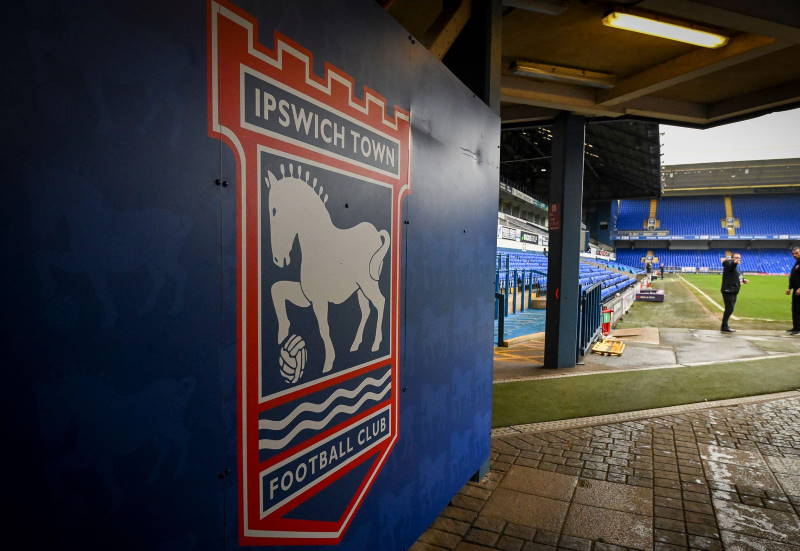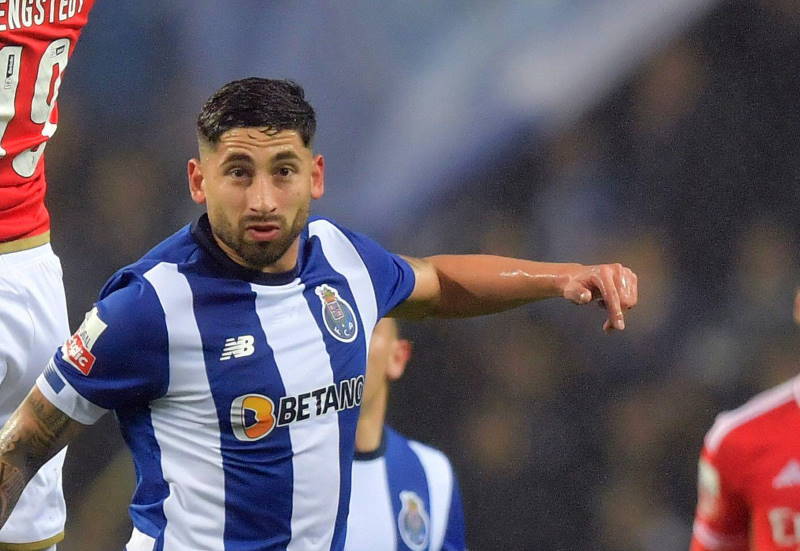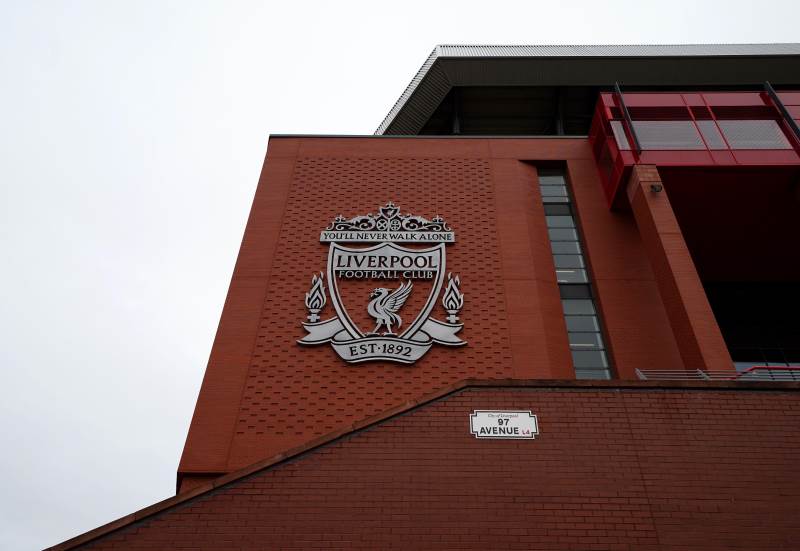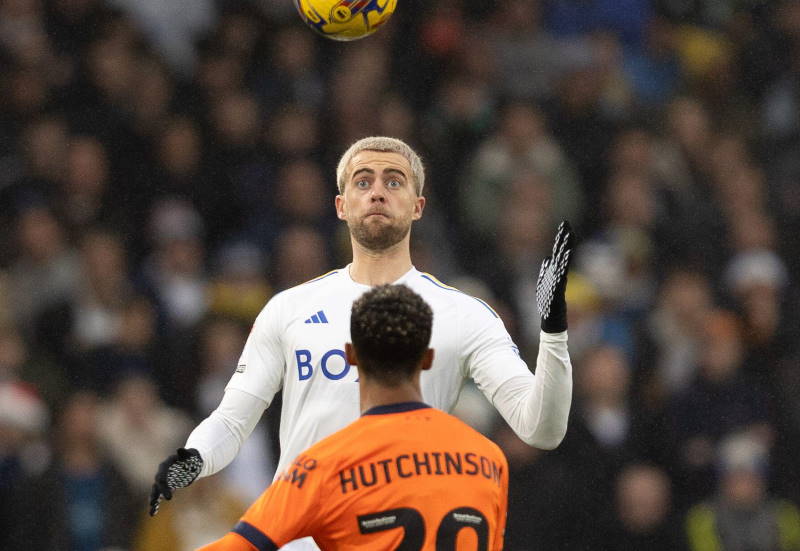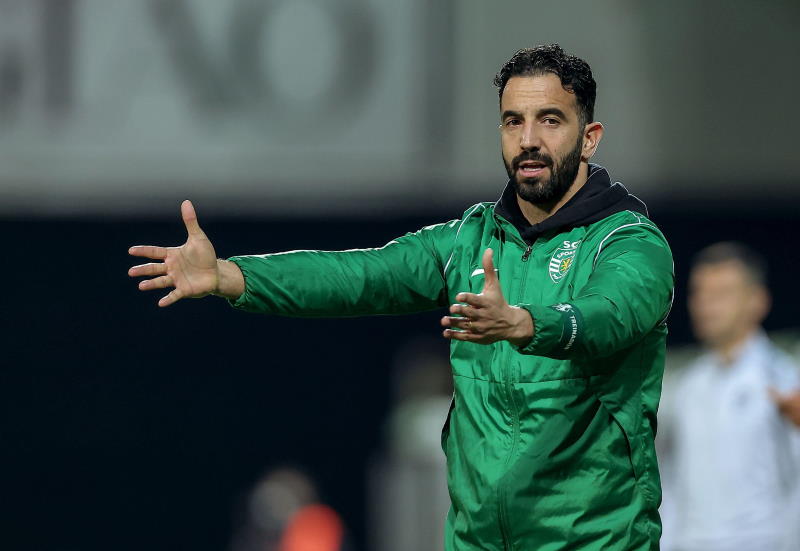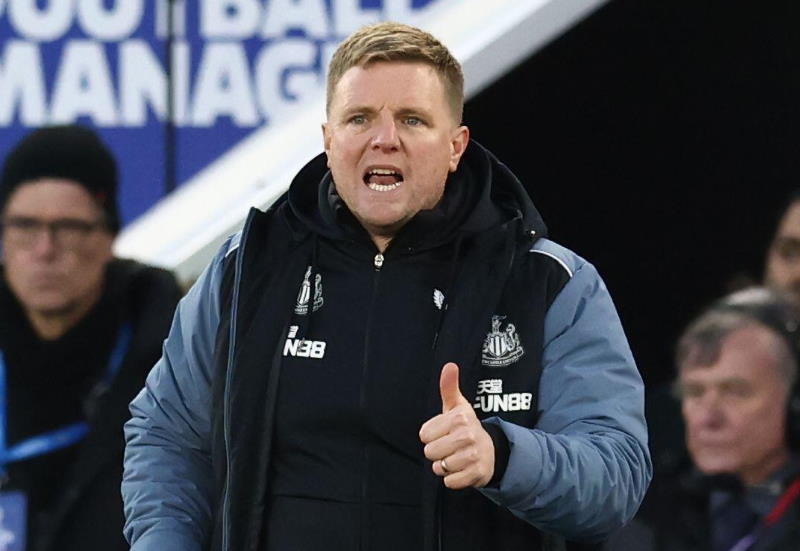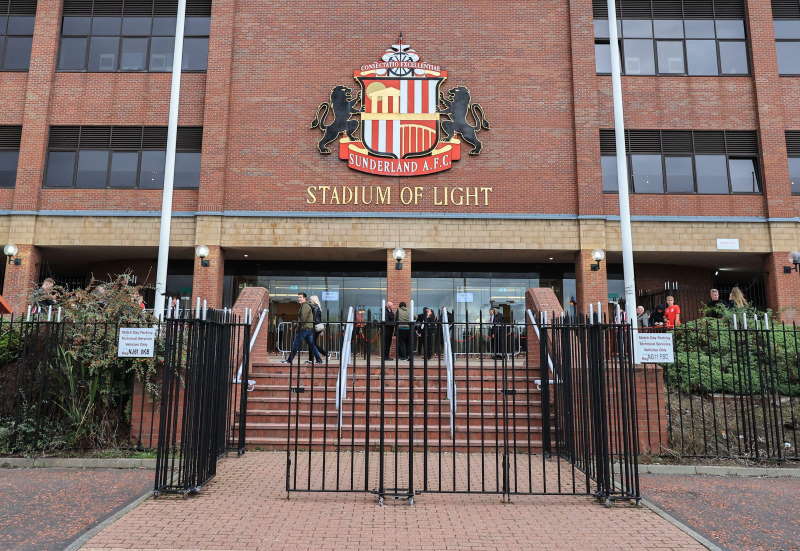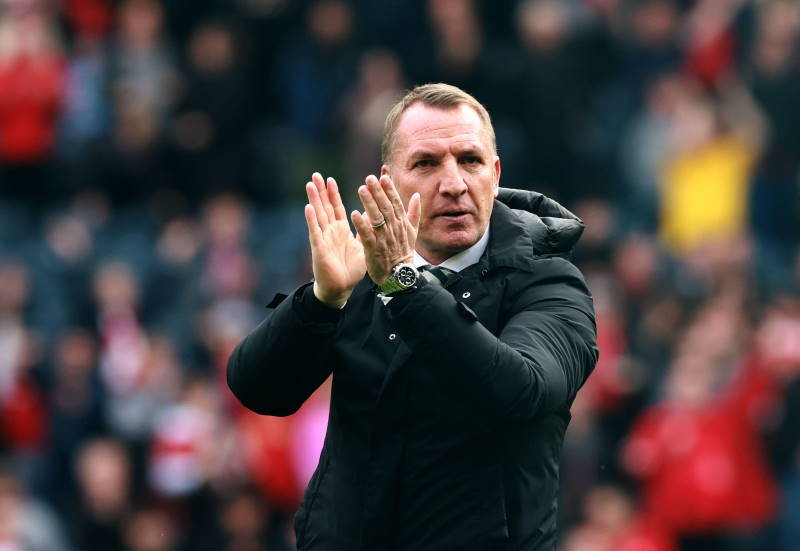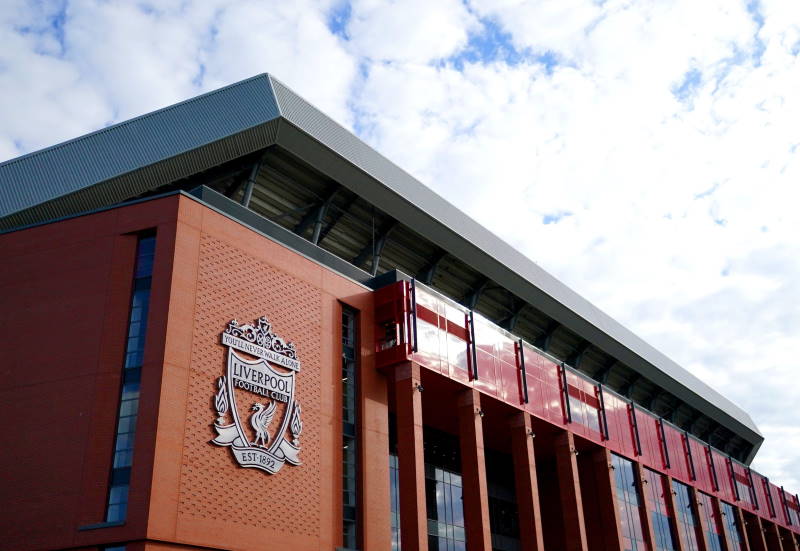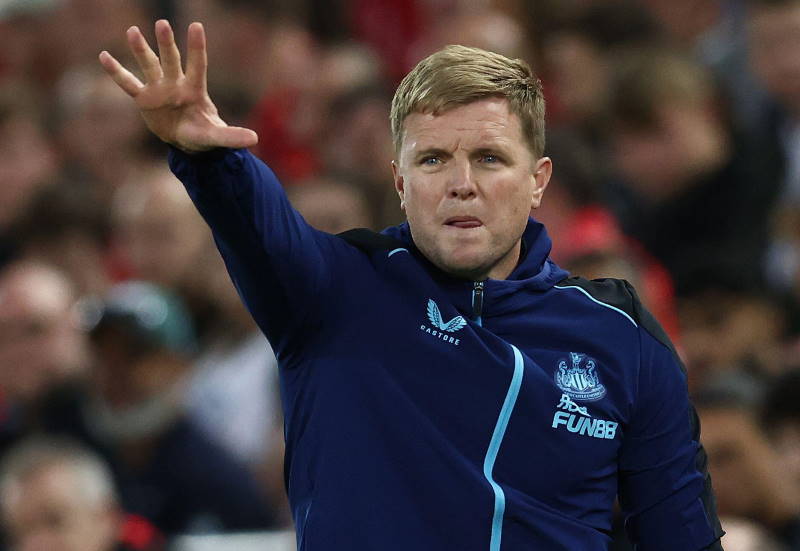
At the end of this year’s Copa Libertadores group stage all six of the teams from Brazil had secured themselves a place in the last 16. There has been at least one Brazilian team present in nine of the last 10 finals and a continuation of that pattern seemed all but certain. But now, with the round of 16 ties concluded, just two Brazilian teams remain.
It was not entirely surprising to see the number of Brazilian teams reduced in the first knockout round, not least because two of their number met, with the highly impressive Atletico Mineiro comfortably seeing off Sao Paulo. But the fact that three other teams were eliminated, among them the reigning champions Corinthians, has caused a few raised eyebrows, especially considering Brazil’s presumed position of continental dominance.
Over the last five years, Brazil has produced five Copa Libertadores finalists and each of the last three winners. In this period, 92.60% of the Brazilian participants have made it past the group stage and 59.26% of them have progressed past the round of 16. The second percentage would be even higher were it not for 2011, when Corinthians failed to successfully negotiate the qualifying round and four teams fell at the first knockout stage.
In this context, the fact that just two (33.33%) of Brazil’s six participants in this year’s competition have qualified for the quarter finals is interesting. Is this year just another anomaly, like 2011, or does it show that despite greater financial resources Brazilian football is still not greatly superior to that in the rest of South America?
After Sao Paulo, Palmeiras were the second team to suffer elimination, losing at home to Club Tijuana of Mexico, 2-1 on the night and on aggregate. The Verdao had qualified for the Copa Libertadores by virtue of winning the 2012 Copa do Brasil, but thereafter endured a terrible Serie A campaign and were relegated to the second division at the end of the year. Their strong physical attributes helped them through the group stage, but individual errors and a lack of quality in the final third eventually saw to their demise.
Gremio, too, had struggled through the group stage, progressing on goal difference after accumulating just eight points from six matches. Despite spending heavily to secure the likes of Andre Santos, Cris, Eduardo Vargas and Hernan Barcos, the side who finished third in the Brazilian league last season have looked disjointed throughout their Copa Libertadores campaign and it came as little surprise to see them to go down on away goals to a neat, well-organised Santa Fe outfit on Thursday.
Gremio suffered from an absence of variety in their attacking play and were too reliant on the individual talent of their best players. They lacked a clear identity and their coach Vanderlei Luxemburgo could soon find himself out of a job.
The biggest surprise was that Corinthians, so impressive in winning the competition last year, fell 2-1 on aggregate to Boca Juniors, the side they defeated in the 2012 final. The club signed the likes of Alexandre Pato, Paolo Guerrero and Renato Augusto to supplement their cup winning squad, but the addition of star talent perhaps affected the balance of a team for who mutual sacrifice and understanding were a big part of their success.
This year, they have often given the impression of relying on the quality of their best players to tip matches in their favour, which was not good enough against a resolute Boca Juniors side who, over the course of two matches, suddenly seem to have taken to the organisational techniques of four-time Copa Libertadores winning coach Carlos Bianchi.
Corinthians felt a couple of big refereeing decisions went against them and Pato missed a golden opportunity in the second leg, but on the balance of the tie it was hard to argue that Boca had not done enough to be worthy of progressing.
With four Brazilian teams now removed from the competition, the last eight has a refreshingly cosmopolitan feel to it, with representatives from six different countries, including two debutants – the Xolos of Tijuana and Peru’s Real Garcilaso.
Brazil’s Atletico Mineiro are still the form team and are now the bookies favourites to win the trophy, just ahead of reigning Brazilian champions Fluminense. But following the country’s domination of the quarter-final stage of the 2012 tournament, in which four of the eight teams hailed from Brazil, it will be a heartening sight for the continent’s other nations to see a more even spread of teams in this year’s last eight.
Goal of the Week
Juan Roman Riquelme (34) – Corinthians vs Boca Juniors
Did he mean it? That was the question circulating through bars, homes and social networks after the superb long range strike from the right with which Riquelme secured Boca a vital away goal and the lead on the night 25 minutes into Wednesday’s match. Riquelme himself seemed to err on the side of no when asked after the match, but even so it is hard not to admire the accuracy with which the ball arrows over Cassio and into the far corner.
Player of the Week
Gabriel Heinze (35) – Newell’s Old Boys
Newell’s went into the second leg of their tie against fellow Argentines Velez Sarsfield 1-0 down from the home leg, but overcame that deficit to win on away goals following a 2-1 win in Buenos Aires on Wednesday. Heinze was a rock in the centre of defence, consistently getting the better of the difficult Lucas Pratto, both on the floor and in the air, inspiring his team-mates with his steely desire to emerge victorious.
Like to bet on football? Pay Inside Bet a visit!

